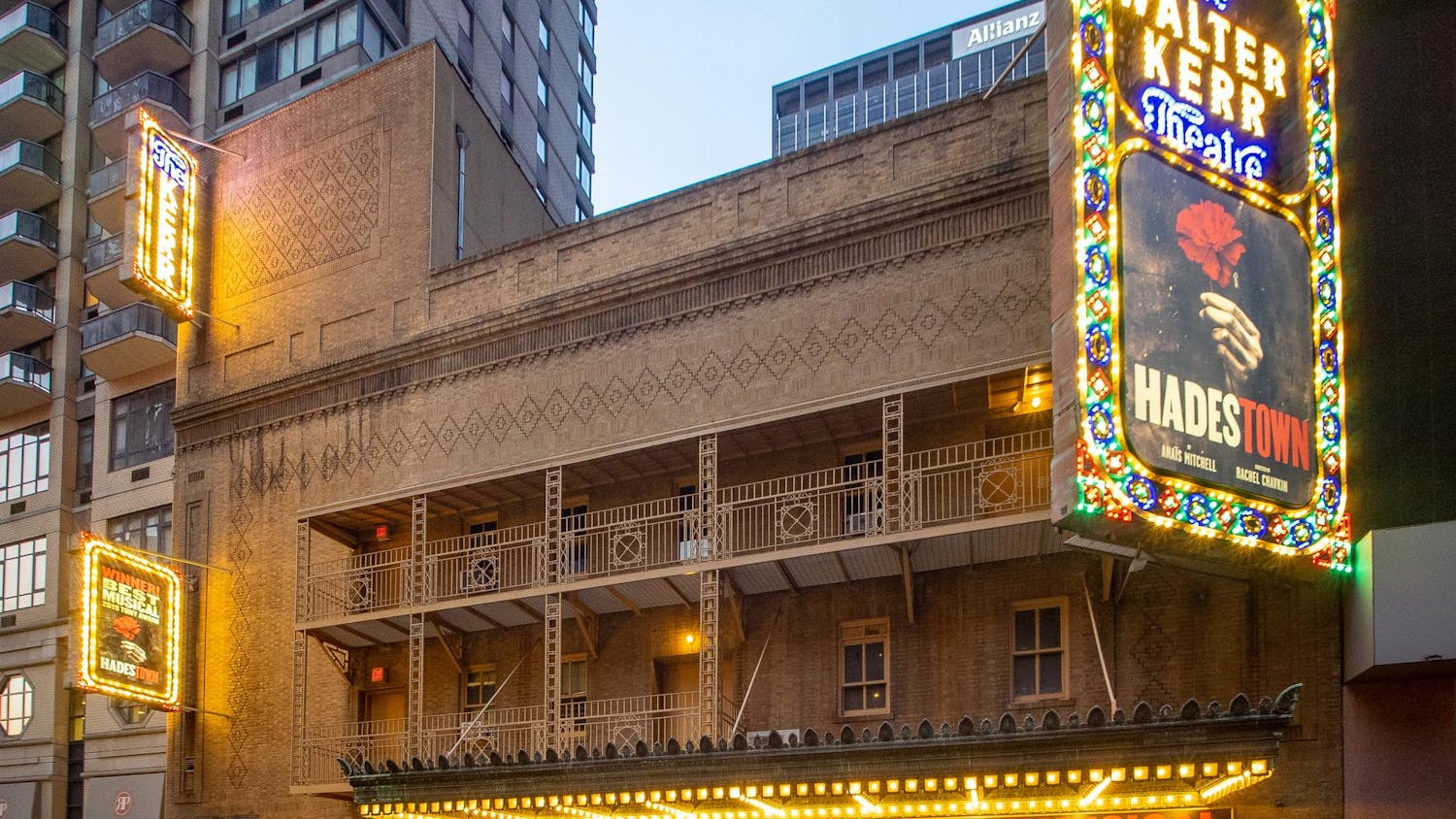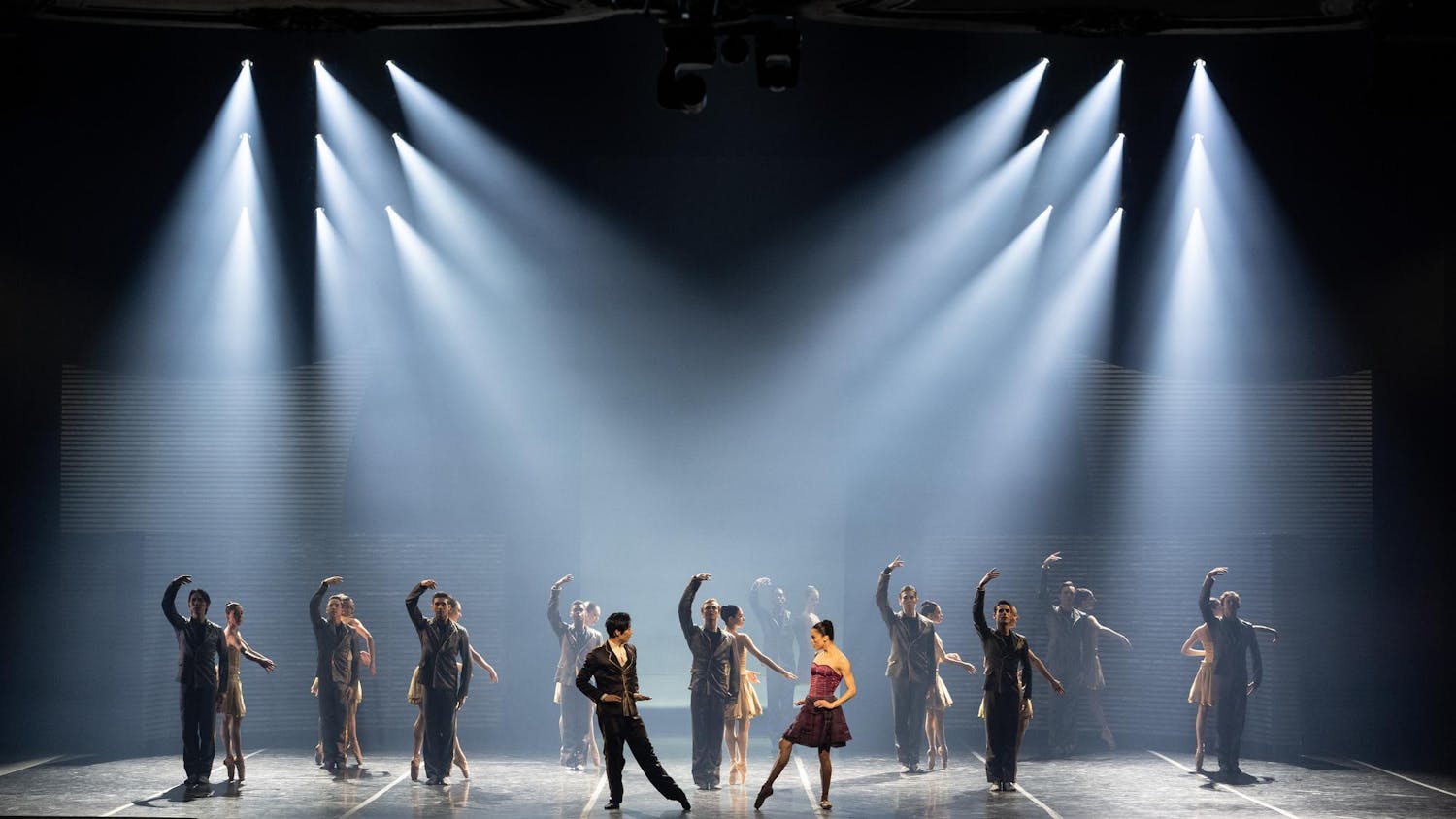As the opening credits of "Mudbound" (2017) lead into the film's opening scene, the sounds of labor cascade from some unseen source — a few grunts, a garden hoe striking coarsely against wet ground. These are the defining processes of Dee Rees’ adaptation of Hillary Jordan’s 2008 novel: unseen, unnamed and unheralded labor, the necessity of that labor as a result of oppressive systems and the frayed, often truncated, lives of those who perform this labor.
"Mudbound" places itself at the intersection of two families, each with their own nuances. The McAllan family, white and mobile, is swindled into living below their means on a farm in the Mississippi Delta with their racist patriarch, Pappy (Jonathan Banks). The Jackson family, black and sequestered, struggles with the grand American contradiction: their knowledge of the truth, that they are humans, and their knowledge of another truth, that they will never be treated as such, neither within the confines of their home or their homeland. Indeed, "Mudbound" is just as much about the intrafamilial immediacy of economic dependence upon oppressive systems as it is about how two members of those families upend the traditional racial hierarchies to forge a meaningful relationship.
While their sons are off fighting the Nazis in Europe, Hap Jackson (Rob Morgan) and Henry McAllan (Jason Clarke) toil on the land of the living dead, propelled into each other’s paths by the invisible hand. Their relationship is grounded purely on the basis of pre-existing social hierarchies; Hap is a black sharecropper and Henry is a white, landowning farmer. Their predicament mirrors the history of the land itself. Hap begins to depend financially on Henry, while Laura McAllan (Carey Mulligan) begins to depend domestically on Florence Jackson (Mary J. Blige). Their codependence deepens the register of the film's critique of American economic and social systems — their predicament reflects the whims of a capitalist power structure that seeks to alienate both families from the means of production. Their sons' relationship rebukes that notion.
After the war ends, Ronsel Jackson (Jason Mitchell) and Jamie McAllan (Garrett Hedlund) return from the European battlefield to an American one. Ronsel feels the hostility of his homeland acutely — when he arrives home from fighting in Europe and shops at a general store, Pappy confronts him and reminds him of his place in the Mississippi Delta, telling him that black folks must leave through the back door. The image is striking: Ronsel in his uniform, upper lip curled in defiance, Pappy with his stout confidence, chewing languidly on each of his words like only a southerner could. Banks, with his patriarchal role, deepens his sepulchral acting register and transforms Pappy into a villain worth hating. Mitchell, in turn, gives us with a hero worth loving: kind, haunted by war and saddled with an unwavering sense of morality in a nation that has turned right and wrong quite literally into white and black.
While Ronsel finds himself trapped within the white supremacist power structure, Jamie feels hamstrung by his complicity in its corrosion. The depth of Ronsel and Jamie’s relationship exposes more intimately the politics of death at stake within the lavishly sculpted script — they both return from a world war to fight their own separate wars at home. Ronsel fights a war founded upon his own dehumanization, and Jamie fights a war against lust, alcoholism and his involvement in that grand dehumanization. They share their traumas, their stories of war and their fears exploring a conception of interracial and intragender relations that defies societal expectations. As their battles take a toll on their psyches, they descend into a collective alcoholic melancholy, drinking alone together, seemingly their only option in a world mired in poisonous ideas around masculinity.
In "Mudbound," the land itself, the mud to which these people (and possibly all people) are bound, is a locus for capitalist exploitation. By situating the movie at the intersection between the Depression and the prosperous war years, Rees makes a potent claim about the nature of top-down economic progress — that it is not, and has never been, real. The McAllan and Jackson families are living proof of an American dichotomy, examined with a painter’s precision. Mudbound is a thrilling story entrenched in the realities of a racist, capitalist country. The film delivers a systematic condemnation of white supremacy as a tool of capitalism, and points longingly at a conception of human relation that exceeds its bounds.
In 'Mudbound,' intimacy is freedom's next frontier

Rob Morgan (left) and Jason Mitchell (right) from the film "Mudbound" (2017) are pictured.
Summary
Mudbound is a thrilling story entrenched in the realities of a racist, capitalist country. The film delivers a systematic condemnation of White Supremacy as a tool of capitalism, and points longingly at a conception of human relation that exceeds its bounds.
5 Stars





